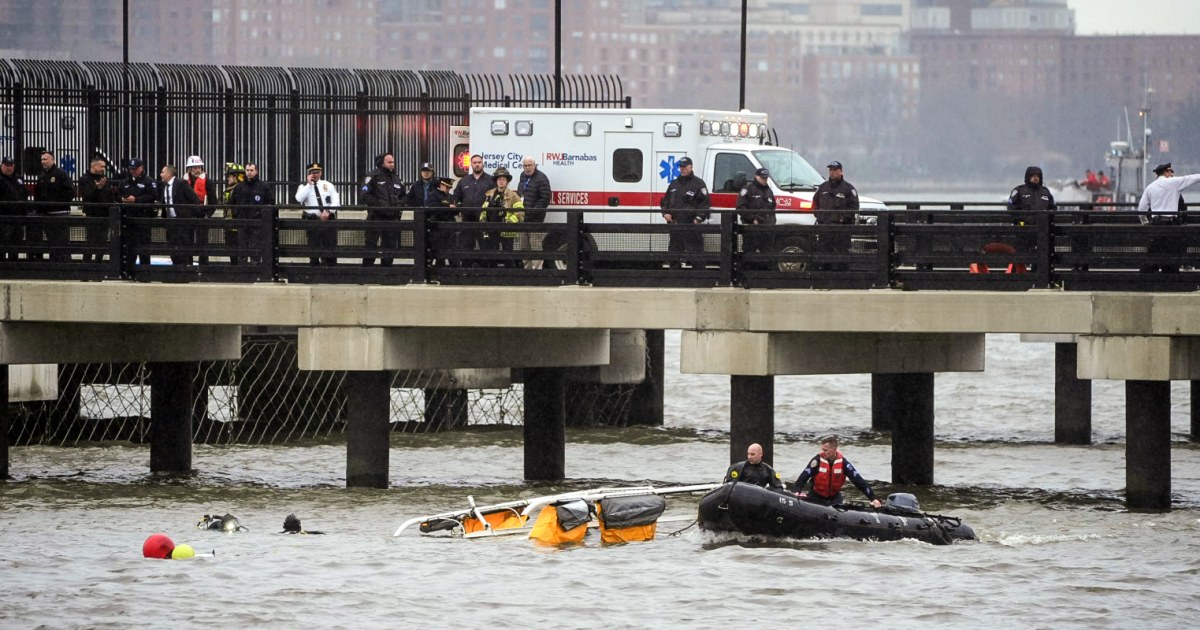
One wonders what the future of para-sports will look like in Pakistan after Haider’s career comes to a close.
After his 52.54m throw that won him a bronze medal in the Men’s F37 Discus Throw event at the Paris 2024 Paralympic Games, Haider Ali has been waiting. And waiting. And waiting.
As Pakistan’s most decorated para athlete, he no longer yearns for success. It’s recognition and respect from the nation that he craves, something he’s scarcely had in almost 20 years. Now in its final stretch, his athletic career has been a bright, wondrous firework, illuminating Pakistan’s sports scene, only to dissipate into nothingness.
It’s been almost three months since he won a bronze medal at the Paris Paralympics, but there have been no cash prizes, no congratulatory phone calls from the government, nothing. It’s been this way since his international debut in 2006 and, now, after almost 20 years of being Pakistan’s most successful para athlete, he wonders if anything will change.
Governments typically have a detailed sports policy in place to award athletes who win medals internationally. Pakistan has no such policy for its athletes or para athletes, which is why the government has never rewarded/not been obliged to award Haider Ali for his accolades.
Several countries pay their Olympians and Paralympians equally, including India, Canada, USA, Spain, France, Malaysia, Australia, Israel and South Korea. Countries such as Hong Kong and Singapore reward their Paralympians less money than Olympians. Britain does not award cash prizes to Olympians or Paralympians for winning medals, but athletes do receive an annual training stipend.
Pakistan’s most internationally decorated paralympic athlete Haider Ali’s success story is also a depressing one about how the country treats its sporting heroes
World Athletics began offering $50,000 cash prizes to gold medallists, but there has been no announcement for para-athletes. The lack of equality for disabled athletes very much still exists across the world, but countries and institutions are working hard to close that gap.
Despite the absence of a sports policy, Olympic javelin champion Arshad Nadeem‘s gold medal at the Paris Olympics triggered a gold rush. He received $50,000 from World Athletics, around half a million dollars from Prime Minister Shehbaz Sharif and $350,000 from Punjab’s Chief Minister Maryam Nawaz. He also got a couple of cars, including a Honda Civic which has a license plate baring the number PAK 92.97 as a tribute to his javelin distance. He was also invited to raise the national flag during Pakistan’s Independence Day celebrations on August 14.
That is not to minimise his achievement in any way. Arshad’s win was extraordinary, historic, and a powerful reflection of how he and coach Salman Butt conquered the world with pure talent and grit.
But Haider Ali is just as exceptional as Arshad, and with a more robust athletic portfolio. He’s a five-time Paralympian, who won a silver medal at his Paralympic debut at Beijing 2008, followed by a bronze in Rio 2016, a gold at Tokyo 2020, and another bronze this year in Paris.
His personal best throw of 55.26m, achieved at the Tokyo Paralympics is farther than the national record for 55.10m made by Bisharat Ali in 2006.
He is Pakistan’s first and only athlete to win a medal at the Paralympics. He’s also clinched four gold and two bronze medals across three different Asian Para Games since 2010, as well as one gold and three silvers at his international debut at the FESPIC Games in 2006, which was later renamed the Asian Para Games.
Every medal and every victory of Haider’s has been for Pakistan, but the country has given him nothing in return. No acknowledgement from the government, no support from the private sector, no recognition from the media or the people. It’s almost as if he’s never existed in Pakistan’s sports-sphere.
“I just don’t understand why it’s like this,” he confessed to me one afternoon when we met in Karachi. “I have so much pride in making the country proud every time I’ve won a medal, of which I have 19 now.” I had to coerce his achievements out of him. That he’s broken world records and stands in the top rankings of his event was a quiet afterthought.
“And you still haven’t been congratulated by the prime minister or president or received any cash prizes?” I asked stupidly, as if my shock would conjure all of the above instantly.
His response was a hollow laugh, the only remaining response you have to a situation as incredulous as his. The only joke has been being Pakistan’s best para-athlete for 19 years with as many international medals and no response from your nation.
Haider is proud of how far he’s come as an athlete, both in terms of accolades and personal growth since he was an unassuming teenager heading to the global stage. “It’s the treatment of para-athletes in Pakistan that just keeps disappointing me. As an athlete, I’m proud of how far I’ve come and what I’ve achieved. But when it comes to appreciation and encouragement of para-athletes in Pakistan, I’m disappointed.”
His depressing success story has inspired other para athletes to bow out of sports altogether. One wonders what the future of para-sports will look like in Pakistan after Haider’s career comes to a close.
“There’s thousands of para-athletes waiting to represent Pakistan, the government just needs to pay attention to them,” he says, his words an echo of what he’s been saying for several years now.
The government ought to take a leaf from India’s book to understand how athletes and para-athletes should be honoured for bringing laurels for their country. A gold medal fetches you Indian Rs7.5 million, silver brings you INR5 million, bronze is awarded INR3 million, and winning any medal in a mixed team event gets you INR2.25 million.
India’s Special Award Scheme was founded in 1986 to “incentivise the achievements of outstanding sportspersons, encourage and motivate them for higher achievements, and to act as aspiring role models for attracting the younger generation to take up sports.”
That India’s Paralympic team has won a whopping 29 medals in Paralympics — compared to six (one silver, five bronze) Olympic medals — speaks volumes about the training, resources, funding and support India provides its athletes. Decades worth of structured sports governance and respect for athletes has propelled India to some of the highest rankings across all sports.
Pakistan, in true Pakistani fashion, has simply waited for the likes of Arshad Nadeem to produce miracles for the country, which politicians and governments scramble to claim as their own. The handsome cash rewards doled out to him were less about rewarding his Olympic feat and more about competing among each other for who had more millions to dish out from the coffers.
Governments repeatedly fail to celebrate athleticism in the country. There may never be an explanation for why someone like Haider has hardly ever been celebrated in Pakistan. And if, by some miracle, the government finally wakes up to his immense success, Haider will be long gone as Pakistan’s best para-athlete.
The writer is a member of staff, and a former member of the Pakistan swimming team.
X: @yes_itsEngineer
Published in Dawn, EOS, December 1st, 2024








